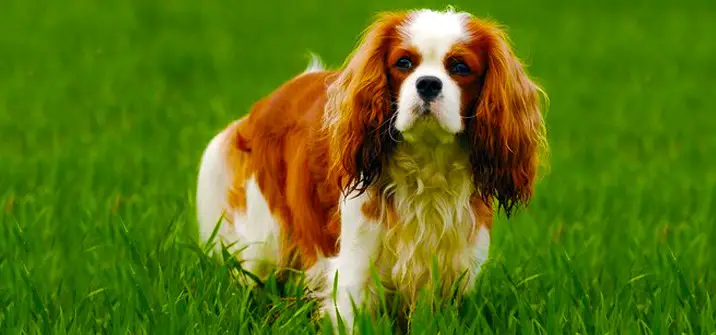The English Toy Cocker Spaniel is a mixed breed between Cocker Spaniel and English Toy Spaniel. They are commonly distinguished with their long, wavy hair with a floppy ears and a short muzzle, which is also common in both parents. These breeds are fun-loving, charming and always wants to please their owners which makes them best as a wonderful family dog.
English Toy Cocker Spaniel


